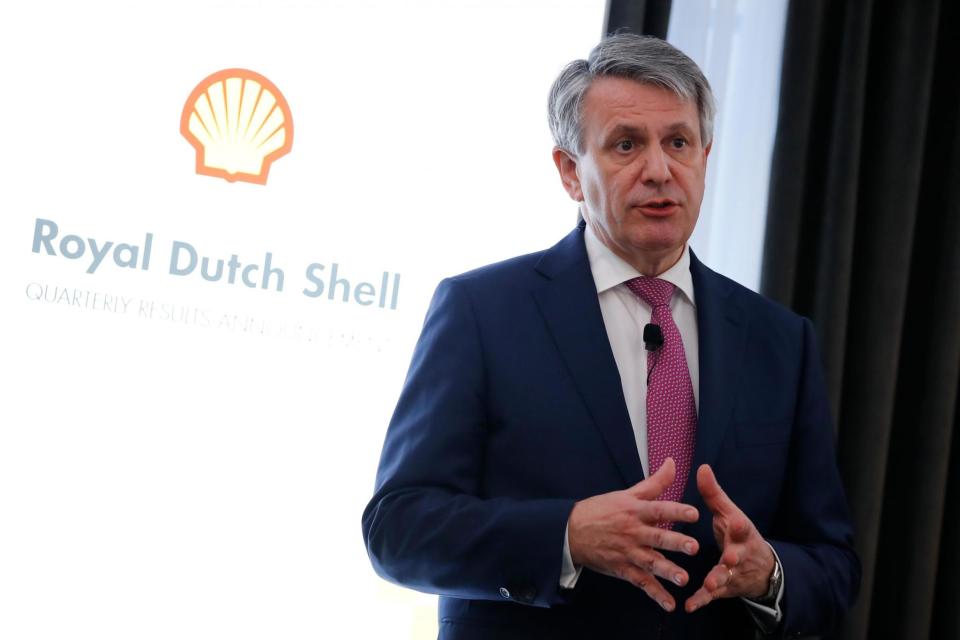Shell boss says demand for energy will be lower after the Covid crisis

Demand for energy will be lower after the Covid crisis is over but may never fully recover, the boss of oil giant Shell has said.
Shell chief executive Ben van Beurden sounded a note of caution for an industry slowly picking itself up off the floor after oil prices plunged in the early part of the coronavirus crisis.
The Dutchman told market data firm IHS Markit: “Energy demand and certainly mobility demand will be lower even when the crisis is more or less behind us.
“It’s too early to say if demand will ever fully recover," he said, "but it will have a permanent knock for years”.
Van Beurden said the impact of the coronavirus crisis on natural gas will also “stay with us for some time,” but the fuel “has the long-term potential to grow faster” than other hydrocarbons.
The oil chief did give investors some crumbs of comfort, however, saying the company had seen a resurgence in motor fuel consumption as people opt for personal over public transport.
Oil traders have been desperate to track consumer demand at the pump, which is also a proxy for wider economies as they emerge from lockdown. Moreover, a shift from office to home working in the UK has weakened demand, hitting profits at household and business energy suppliers.
US oil prices turned negative for the first time in their history in April, meaning producers were paying buyers to take oil off their hands amid a shortage of capacity to store it.
Prices have since improved and Brent Crude, the favoured benchmark in Europe, sits around $43 a barrel, having slumped below $20 a barrel earlier this year.
The tumbling oil price has forced oil major to slash costs and put projects on ice. Shell shocked investors in April by announcing the first cut to its dividend since the Second World War.
The big question now hanging over the company is the size of its second quarter writedown, expected to be posted on July 30at the end of July. The company warned it could be as much as $22 billion and van Beurden today said “it will be a major number,” but that won’t have an effect on “operational coverage and the coverage of dividends”.

 Yahoo Finance
Yahoo Finance 